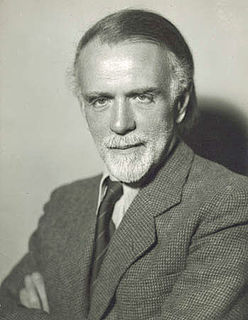A Quote by U Thant
As a Buddhist, I was trained to be tolerant of everything except intolerance. I was brought up not only to develop the spirit of tolerance but also to cherish moral and spiritual qualities such as modesty, humility, compassion, and, most important, to attain a certain degree of emotional equilibrium.
Related Quotes
I have observed that religious practice is not a precondition either of ethical conduct or of happiness itself. I have also suggested that, whether a person practices religion or not, the spiritual qualities of love and compassion, patience, tolerance, forgiveness, humility and so on are indispensable.
Tolerance is an attitude of reasoned patience towards evil and a forbearance that restrains us from showing anger or inflicting punishment. But what is more important than the definition is the field of its application. The important point here is this: Tolerance applies only to persons but never to truth. Intolerance applies only to truth but never to persons. Tolerance applies to the erring; intolerance to the error.
Unlimited tolerance must lead to the disappearance of tolerance. If we extend unlimited tolerance even to those who are intolerant, if we are not prepared to defend a tolerant society, then the tolerant will be destroyed, and tolerance with them. We should therefore claim, in the name of tolerance, the right not to tolerate the intolerant.
One of God's central qualities is compassion, a word that in Hebrew is related to the word for "womb." Not only is compassion a female image suggesting source of life and nourishment but it also has a feeling dimension: God as compassionate Spirit feels for us as a mother feels for the children of her womb. Spirit feels the suffering of the world and participates in it. . . .
Strong emotional experiences are for the most part impersonal. Anyone who has hated another person so much that only chance stands between that person and death knows this, as does whoever has fallen into the catastrophe of a deep depression, anyone who has loved a woman to the dregs, anyone who has beaten others bloody or ever come up behind another person with muscles trembling. "Losing one's head," language calls it. Emotional experience is, in itself, poor in qualities; qualities are brought to it by the person who has the experience.
Compassion and love constitute non-violence in action. They are the source of all spiritual qualities: forgiveness, tolerance, all the virtues. They give meaning to our activities and makes them constructive. There is nothing amazing about being rich or highly educated; only when the individual has a warm heart do these attributes become worthwhile.
The characteristics of a good musician can be summarized as follows: 1. A well-trained ear. 2. A well-trained intelligence. 3. A well-trained heart. 4. A well-trained hand. All four must develop together, in constant equilibrium. As soon as one lags behind or rushes ahead, there is something wrong. So far most of you have met only the requirement of the fourth point: the training of your fingers has left the rest far behind. You would have achieved the same results more quickly and easily, however, if your training in the other three had kept pace.
If indeed the qualities such as love, patience, tolerance, and forgiveness are what happiness consists in, and if it is also true that compassion, defined as concern for others, is both the source and the fruit of these qualities, then the more we are compassionate, the more we provide for our own happiness.







































